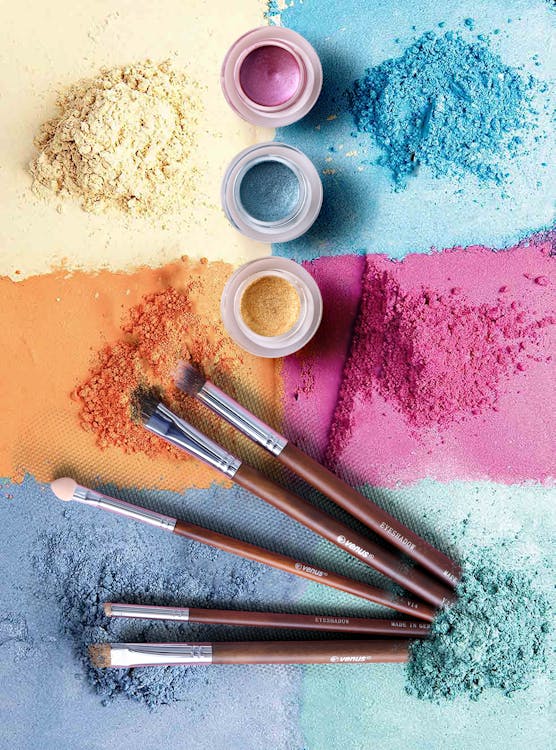Why We Read Cosmetic Ingredient Lists and Why You Should Too

Many consumers fail to read the bottom of the ingredient list label when buying cosmetics. They assume, naturally, that what the company has claimed on the front of label is actually listed on the back in the ingredient list. Sometimes, however, this could not be farther from the truth.
Less is Not More: The Order of Ingredients
Most websites claim to include “featured” ingredients in their cosmetics or they include a glossary of ingredients, explaining the purpose of each component. However, most the featured ingredients are farther down the ingredient list, which means less of that item is included in the finished product.
To read an ingredient list you must start by knowing that the first ingredients listed have a higher percentage in the product while the last items on the list are used at a lower percentage in the product. For example, a company could advertise that they use Mango Butter in their lipstick. But when checking the label, Mango Butter is listed at the bottom of the ingredient list instead of at the beginning. This means while Mango Butter is included, it is not a large amount. In fact, it could be such an insignificant amount, the consumer does not reap the skin care benefits.
This becomes even trickier when companies use INCI language or the official scientific name of the ingredient for correct labeling purposes. Which is why most consumers rely on the front of the package to tell them the ingredients listed.
Less is Not More: Colorants and Additives

Common ingredients that are included in cosmetics that most people miss are the colorants and additives to increase the product’s shelf life. When looking at a lipstick label, do you read only the primary ingredients or do you also pay attention to the ingredients listed after the “May contain (-/+)” symbol? The plus or minus here means literally the phrase “more or less.” In other words, there is some of the pigments, colorants, or additives included but the exact amount is not specified.
This is the area where the nasty chemicals sneak into otherwise good products. You heard it. Although a product could claim to be vegan, cruelty-free, clean, green, or non-toxic, the colorants and preservatives listed can cause issues and compromise your body if ingested over time or if absorbed into your skin through nanoparticles.
Is that really a risk you want to take for the sake of beauty?
The Inside Scoop: Common Ingredients
Common ingredients listed at the bottom of the label on cosmetics like lipstick, blush, multi sticks, mascara include:
Titanium Dioxide: inhalation or absorption of nano particle sized titanium dioxide can lead to carcinogenic impacts (See post).
Mica: In addition to being unethically sourced in mines in India, mica can also pose a risk to those with allergies (See post).
Silica: While are Hydrated Silica and Amorphous Silica are considered low-risk, customers must check that Crystalline Silica, a carcinogenic, is not being used (See post).
All of these ingredients have questionable effects on your body. See the details above to learn why.
In short, as a consumer you control what you put on your body. However, to stay informed, you must take the time to do the research and to read the full ingredient label. Follow bloggers that have the same standards as you instead of assuming that just because a label says it’s vegan, cruelty-free, clean, or green, that it is completely healthy. You should investigate what type of colorants and preservatives are being used.
While you research, make sure to check out Beautifek Beauty. We offer organic ingredient lipstick without the nasties like Titanium Dioxide and Mica, as well a variety of colors for all skin tones. In addition, we do not use fragrance of any kind. Our colors are made using only non-nano iron oxides, zinc oxide (commonly found in sunscreens).
Sources: Titanium Dioxide is it Safe for You?



